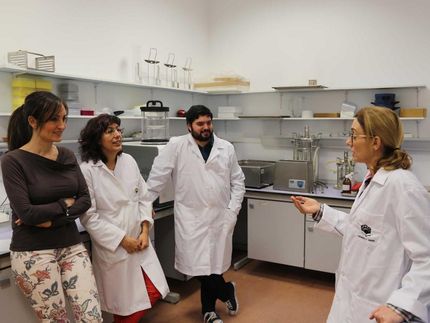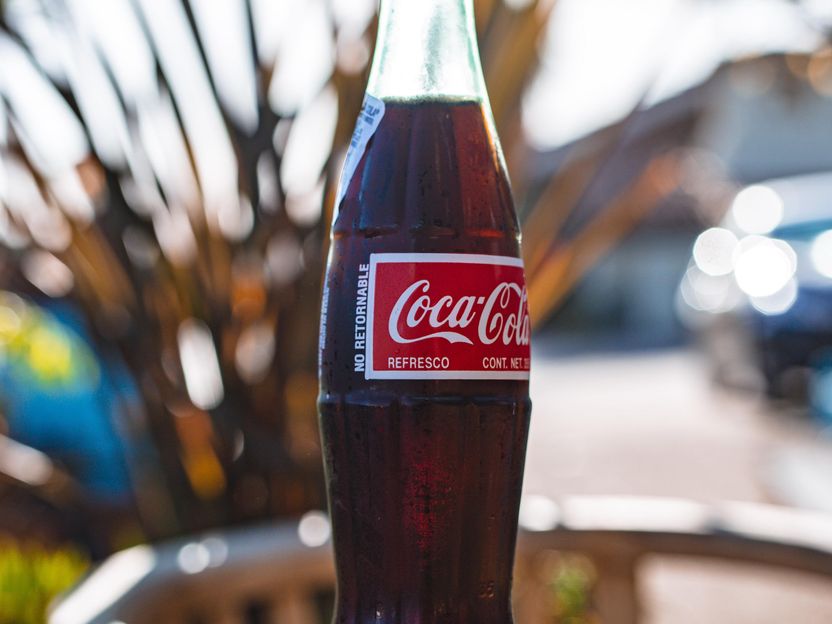Hawaii sushi chain tied to hepatitis A outbreak tosses food
A popular restaurant chain in Hawaii that serves sushi on a conveyor belt threw out food and scrubbed its counters Tuesday after state authorities identified its raw scallops as the probable source of a hepatitis A outbreak.
Genki Sushi was ordered to close its 10 restaurants on Oahu and one on Kauai, said Peter Oshiro, Hawaii State Department of Health sanitation branch chief. The restaurants must dispose of their food supply and disposable items like cups and napkins and disinfect the facilities before they reopen.
The department on Monday identified imported frozen scallops served raw at the restaurants as the source of the outbreak, which has sickened 168 people so far. The disease can cause fever, loss of appetite, nausea and other ailments.
The department said the tainted product is called "Sea Port Bay Scallops" distributed by Koha Oriental Foods. The box says the scallops are from the Philippines.
U.S. Food and Drug Administration spokeswoman Lauren Sucher said the agency is working to confirm the source.
People can contract the virus by eating contaminated food, drinking contaminated water, close personal contact or sex.
Oshiro praised Genki Sushi for being a "good partner" in its investigation into the source of the outbreak. He said the company hasn't tried to hide any information and showed authorities invoices and distribution records.
The company immediately complied with the department's order, said Mary Hansen, Genki Sushi USA chief administrative officer.
"We continue to work with the Department of Health to ensure we're in compliance so we can reopen our restaurants as soon as possible," she said.
Genki Sushi patrons select their sushi items by taking them off a conveyor belt that moves around tables and counters. Its Maui restaurant in Lahaina and another on the Big Island are not being ordered to close because state health authorities have not verified that shipments of the raw scallops were delivered there.
The state health department first announced the hepatitis A outbreak on July 1, but it struggled to identify the source because of the disease's long incubation period. It's been difficult for those infected to remember everything they ate and all the people they had contact with.
Dr. Sarah Park, the state's epidemiologist, said one key piece of information was that 70 percent of those infected had eaten at Genki Sushi, but only 22 to 23 percent of those who replied to a department survey had. She said health officials didn't get a response like that for any other restaurant, food chain or grocery store.
Park said the department is concerned the scallops may have been served or distributed to places other than Genki Sushi because a small number of patients say they didn't eat at the chain. Park said the distributor said it only provided the scallops to the Genki Sushi.
Park said the health department has notified other U.S. health agencies so doctors around the country can consider travel history to Hawaii if their patients report hepatitis A symptoms.
Attorneys for an Oahu resident, Brant Mauk, on Tuesday filed a lawsuit against Genki Sushi and Koha Oriental Foods alleging negligence and seeking damages. Hansen said Genki Sushi hadn't seen the lawsuit and didn't have any comment. A voicemail message left for Koha Oriental Foods wasn't immediately returned. (dpa)
Other news from the department business & finance
Most read news
More news from our other portals
See the theme worlds for related content
Topic world Food safety
Food safety is at the heart of the food and beverage industry. It ensures that the food we eat every day is not only nutritious, but also free of harmful contaminants. From field to plate, the industry monitors and regulates every step of the process with strict quality controls, advanced testing methods and continuous research.

Topic world Food safety
Food safety is at the heart of the food and beverage industry. It ensures that the food we eat every day is not only nutritious, but also free of harmful contaminants. From field to plate, the industry monitors and regulates every step of the process with strict quality controls, advanced testing methods and continuous research.































































